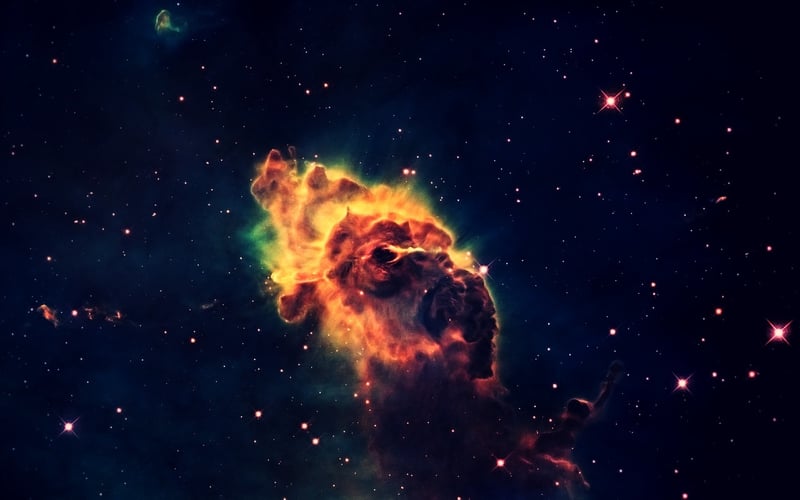Multiverse Theory
Dive into Different Worlds with Multiverse Theory
Have you ever wondered about the possibility of multiple universes existing simultaneously, each with its own set of rules and realities? This fascinating concept is known as Multiverse Theory and has captured the imaginations of scientists, philosophers, and science fiction enthusiasts alike.
What is Multiverse Theory?
At its core, Multiverse Theory suggests that our universe is not the only one out there. Instead, there could be countless other universes, each operating under its unique laws of physics. These universes, together, form a vast and diverse multiverse that goes beyond our current understanding of the cosmos.
Types of Multiverses
There are several proposed types of multiverses, each offering a different perspective on the concept:
- Bubble Multiverse: In this model, multiple universes exist like bubbles in a cosmic bubble bath, each with its unique properties.
- Parallel Universes: These universes exist alongside our own, possibly with variations in historical events or individual choices.
- Membrane (Brane) Multiverse: This theory suggests that our universe is a 4-dimensional membrane floating among other membranes in higher-dimensional space.
Implications and Speculations
The idea of a multiverse raises profound questions about the nature of reality, the concept of infinity, and the existence of alternate versions of ourselves. It also fuels the creativity of storytellers, leading to captivating narratives in science fiction and fantasy literature.
Exploring the Multiverse
While the existence of parallel universes remains a theoretical concept, the study of multiverse theories continues to push the boundaries of our understanding of the cosmos. Whether you are a science enthusiast, a philosopher pondering the nature of reality, or a fan of speculative fiction, the multiverse offers a rich tapestry of possibilities to explore.
So, dare to dive into different worlds, expand your imagination, and ponder the mysteries of the multiverse!

For more information on Multiverse Theory, you can visit Wikipedia's Multiverse Page.
